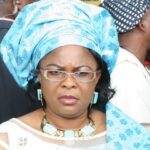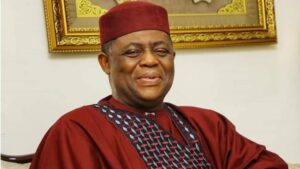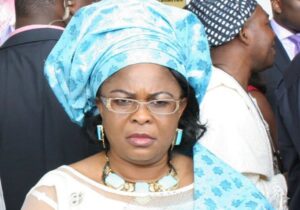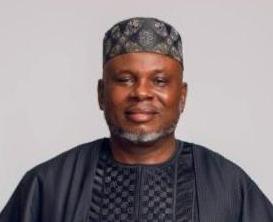Recent judgments from the country’s law courts have drawn attention to the judiciary, raising concerns about controversial decisions, particularly in cases related to election petitions and appeals. Judges, as the ultimate interpreters of the law, face scrutiny as they are relied upon for justice.
Unfortunately, claims of “clerical errors” in some judgments have added confusion to their interpretation, casting doubt on the judiciary’s credibility. The recent judgment on the Kano Governorship Election by the Appeal Court exemplifies this confusion.
On November 17, 2023, the appellate court declared the APC governorship candidate, Dr Nasiru Gawuna, duly elected, stating that the appeal of Governor Abba Kabir Yusuf lacked merit. However, a Certified True Copy of the majority judgment released later contradicted this, awarding judgment to the incumbent governor, Yusuf, and setting aside the tribunal’s decision, with a cost of N1,000,000.00 against Gawuna.
This contradiction and confusion in the judgment have eroded public confidence in the judiciary, posing a threat to democracy. The Kano case reflects poorly on the judges’ caliber and integrity, and the defense of “clerical errors” doesn’t alleviate the concerns.
The declining public confidence in the judiciary is a significant concern for democracy. Instances like the Kano Governorship Appeal judgment and other embarrassing episodes, such as labeling political supporters and inappropriate remarks at the Osun Governorship Tribunal, contribute to the mockery and embarrassment of the courts.
There’s a growing perception that the political class is attempting to influence the judiciary intentionally, which has “very insidious consequences” for the rule of law. The post-election tribunals, often influenced by desperate politicians, have exposed judges to corrupt practices, as highlighted by a 2020 ICPC report.
The judiciary must address this trend to restore public confidence. Urgent steps include enhancing judges’ training, ensuring proper funding, and digitizing offices to eliminate manual errors in recording and reporting. The National Judicial Council should take a more proactive stance on disciplining erring judges to prevent further blunders and embarrassment to the judiciary. Additionally, there’s a need for election-related litigation to be expedited, concluding before winners are sworn into office. These measures are crucial for upholding the integrity of the judiciary and preserving the foundations of democracy in Nigeria.










More Stories
Bringing Life to Ajaokuta Steel Company
Reconsidering the cybersecurity levy
Tinubunomics: what’s working, what’s not, why and way forward